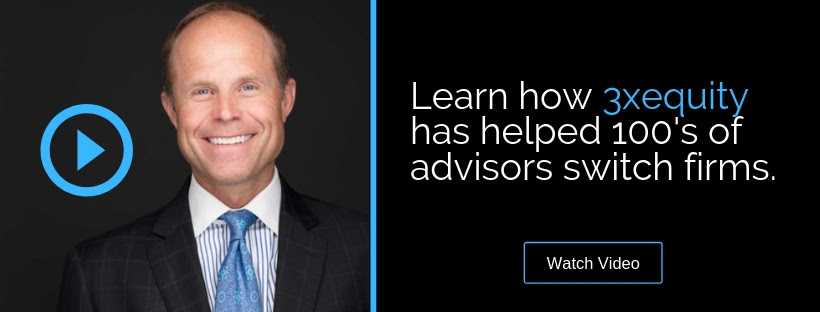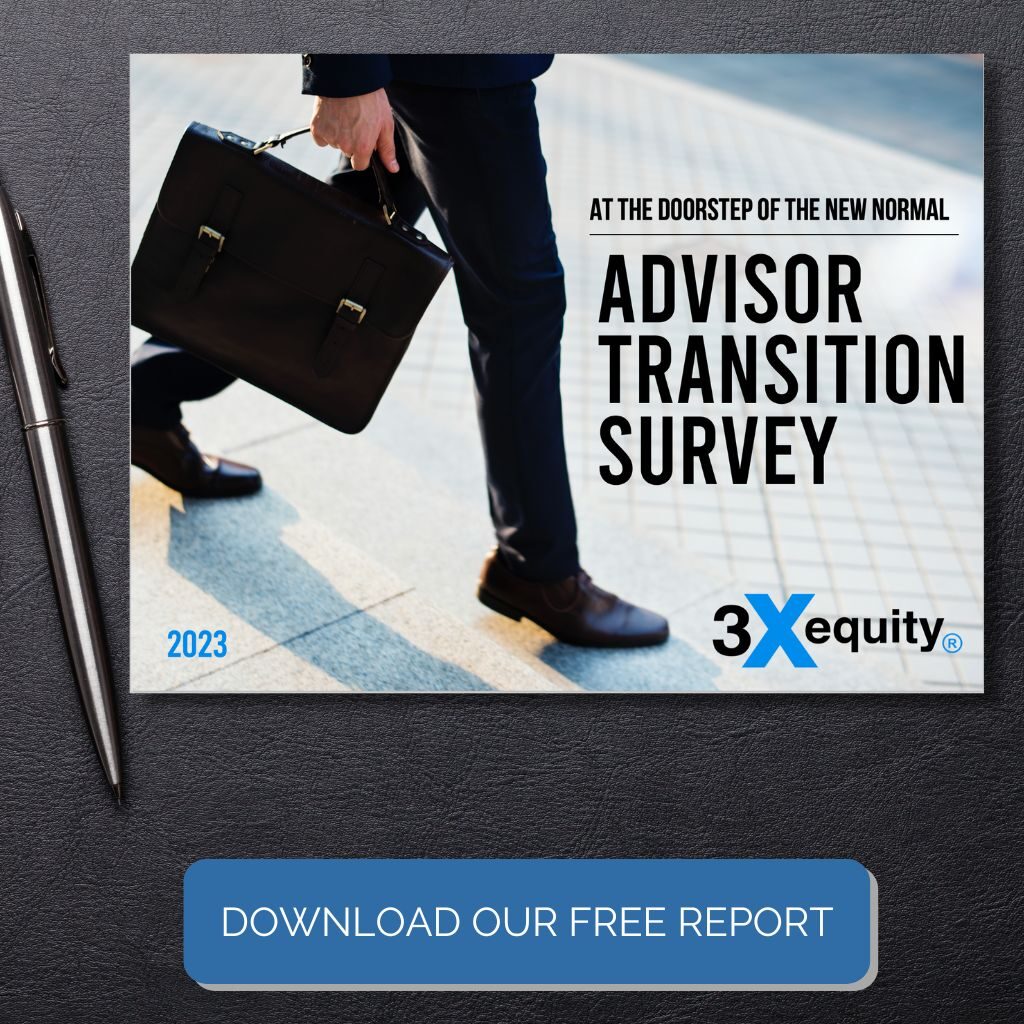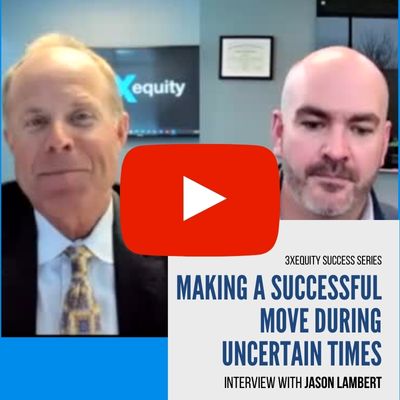Election season is upon us and advisors may increasingly find themselves in uncomfortable territory. Politics can easily seep into discussions, potentially affecting client relationships. Here’s how financial advisors can maintain professionalism and focus on their clients’ financial goals, irrespective of political differences.
Establish a Neutral Professional Environment
The first step in keeping politics out of financial advising is setting a professional tone from the outset. Advisors should clarify that their primary role is to assist clients in achieving their financial objectives, not to discuss political views. Setting this boundary early on helps ensure that conversations remain focused on finances and not on the volatile realm of politics.
Deploy Tactics & Techniques to Defuse Tension
Despite best efforts, political topics may still arise, especially during election seasons. Here are some techniques to gracefully steer conversations back to financial matters:
- Acknowledge but Redirect: Recognize the client’s feelings (“I can see you feel strongly about this issue”) and gently steer the conversation back (“Let’s focus on how we can align your investment strategy with your financial goals”).
- Use Neutral Language: Avoid using charged or politically biased language. Opt for neutral, inclusive terms that do not hint at any political leanings.
- Set Gentle Boundaries: If a client persists in discussing politics, kindly remind them of the focus of your relationship. For example, say, “I find that keeping our discussions focused on your financial plans helps us make the best decisions.”
Be an Active Listener Without Necessarily Agreeing
Active listening is crucial in maintaining effective communication with clients. Here’s how advisors can practice active listening while not necessarily agreeing with the client’s political opinions:
- Reflect and Clarify: Summarize what the client has said to ensure understanding, and ask clarifying questions about their financial concerns.
- Empathize: Show empathy towards the client’s emotions without endorsing their views. For instance, “It sounds like you’re really passionate about this. Let’s see how we can channel this energy into your financial goals.”
- Maintain Neutrality: Keep personal opinions private. A financial advisor’s role is to advise on finances, not to debate politics.
Role-Playing Example of a Non-Political Conversation
Client: “I’m really worried about the upcoming election and how it might affect my investments. I think if [Candidate] wins, it could spell disaster for the markets.”
Advisor: “I understand your concerns; it’s a tense time for many. Let’s review your investment strategy to ensure it’s robust and diversified enough to withstand various political outcomes. Our goal is to keep your portfolio resilient no matter who is in office. Would you like to go over the risk management strategies we have in place?”
This approach acknowledges the client’s concern without engaging in political discussion and redirects the focus to financial planning.
All Politics Is Local – Be Present With Your Clients
For financial advisors, the key to navigating through the election season is to maintain professionalism, focus on clients’ financial goals, and establish a neutral ground where open and non-political discussions can flourish. By implementing these strategies, advisors can enhance their effectiveness and continue to provide value, no matter the political climate.
Curious about moving to a new broker-dealer? 3xEquity can help you secure multiple offers all while you remain 100% anonymous. Get started today and control your career conversation.




